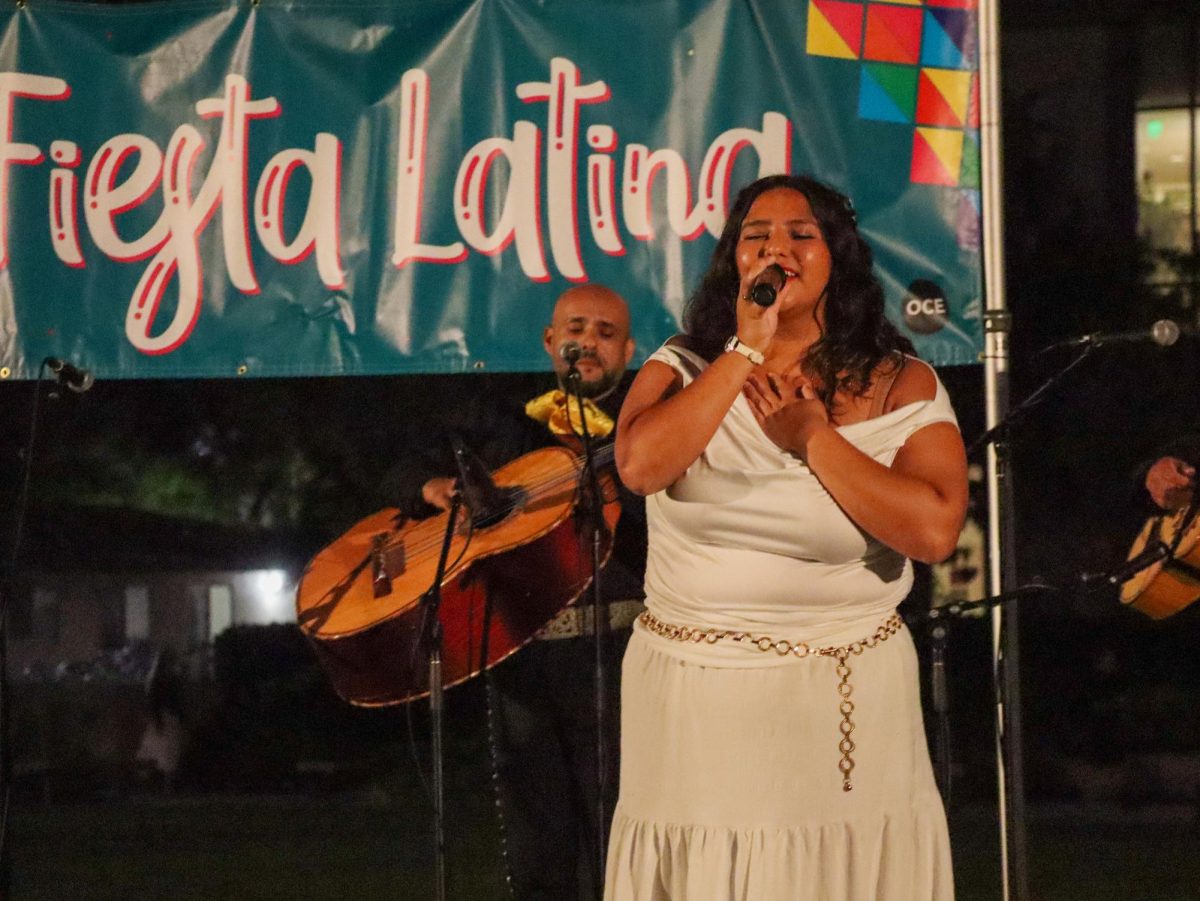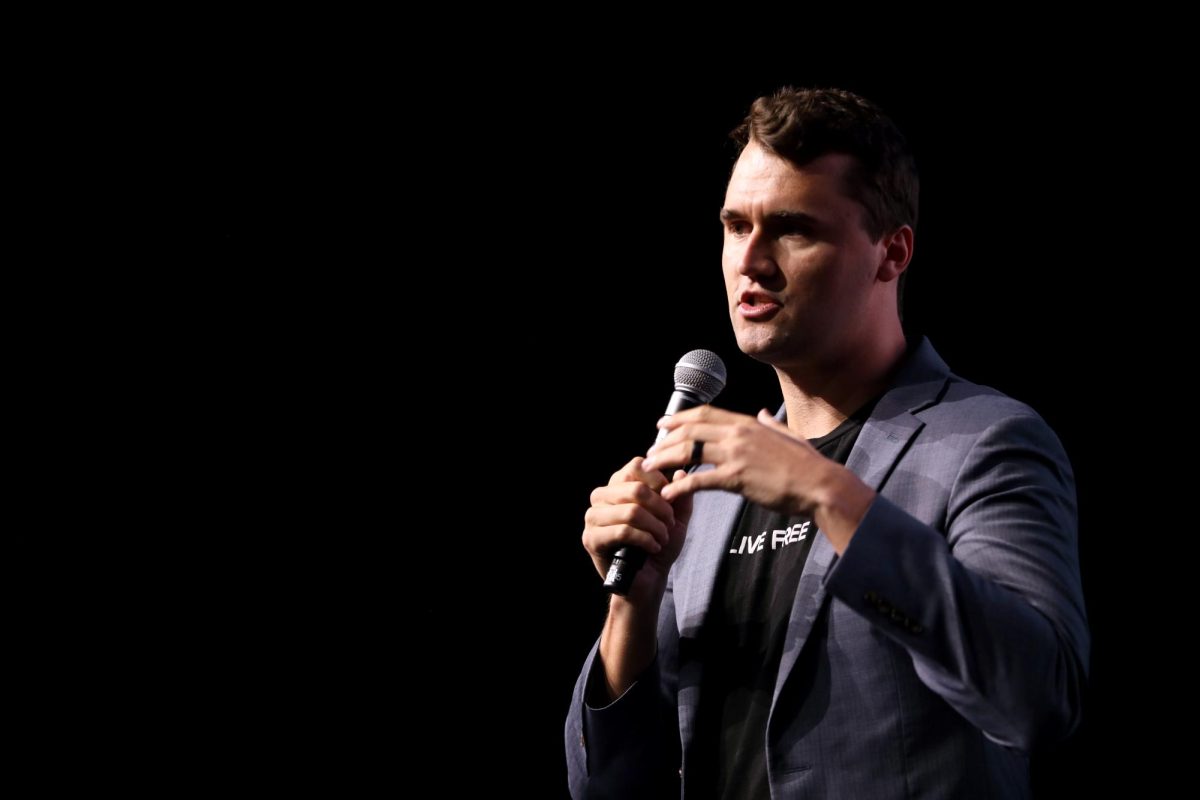The semester’s continuing conversation on sexuality — particularly lesbian, gay, bisexual, transgender and queer issues — continued into last week, with Mark Yarhouse, professor of clinical psychology and founder of Regent University’s Institute for the Study of Sexual Identity, coming to speak on campus.
Yarhouse spoke in three chapels during a “mini-conference,” a time devoted to a topic that requires a more complex view than one chapel can afford, said Todd Pickett, Dean of Spiritual Development.
In his discussions, Yarhouse addressed homosexuality and sexual ethics in Christian communities with a particular focus on the culture wars within the church’s conversations.
CCCU schools dealing with same questions as the church
Yarhouse, who has worked with various groups, said that schools throughout the Council for Christian Colleges and Universities are dealing with the same big questions as the rest of the church.
“These debates are kind of encroaching into different circles because people are knowing gay and lesbian people as neighbors, as friends and as coworkers, and that’s changing the discussion to say how does that fit with what we’ve been taught, or what we do teach or what our positions are,” Yarhouse said.
He sees CCCU schools trying to fit students’ experiences into these questions.
Overcoming stigma
Yarhouse attributes the prominence of the conversation regarding homosexuality to recent history since the sexual revolution in the 1960s. Now, he says, it’s being addressed prominently in culture and in the media. Homosexuality has grown to be considered part of the normal human experience.
“It’s then being addressed at public policy levels, around adoption, marriage. For social conservatives, they’re reacting to that in some ways. And some of that reacting is in discussion, but most of it’s entrenched in pushback. So I think you end up seeing groups locking horns with each other,” he said of the culture war.
When asked if the church can push past the culture war, he said it depends on how someone views the role of Christ in culture. He explained two camps — the first of which believes that public policy is the way to transform culture and the second of which believes that it’s more about being a faithful community who serves as a light on the hill.
Tracing the church’s overcoming of stigma surrounding issues like alcohol or pornography addictions, Yarhouse said he doesn’t know whether homosexuality will follow a similar trajectory.






